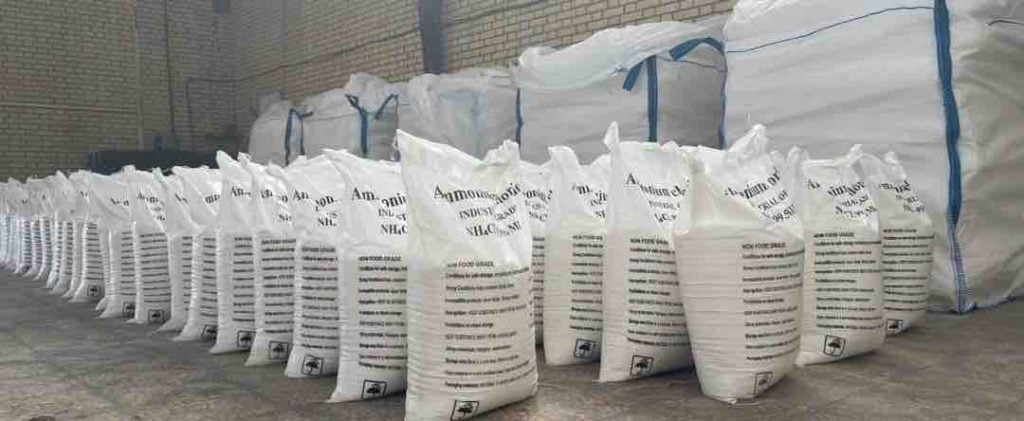
Specific recommendations is an important compound in the industrial, especially metal working sector. It has many applications. One of the Ammonium chloride (NH4Cl) applications is in the metal working industry. It can clean the surface of the desired parts by reacting with metal oxides or forming an active metal chloride.
Metal working range
Metal working industry plays a crucial role in various sectors, including manufacturing, construction, automotive, aerospace, etc. It encompasses a wide range of processes involved in shaping, cutting, joining, plus manipulating metal materials to create finished products or components.
The metal working industry has been continuously evolving with advancements in technology, automation, plus materials. Here are some key aspects that trends were relevant up until September 2021:
Table of Contents
ToggleManufacturing Processes
Metalworking involves several processes such as casting, forging, machining, welding, stamping, or extrusion. Each process has its own advantages along with applications depending on the desired outcoming desire besides the type of metal being worked on.
Automation and Robotics
The industry has been embracing automation and robotics to improve efficiency, precision, and productivity. Automated systems are capable of performing repetitive tasks with high accuracy and speed, reducing human error and increasing overall output.
CNC Machining
Computer Numerical Control (CNC) machines have revolutionized metal working by enabling precise and automated machining operations. These machines by programming to perform complex cutting, milling, drilling, and turning operations, resulting in consistent and high-quality products.
Additive Manufacturing
Also known as 3D printing, additive manufacturing has gained significant traction in every metal working industry. It allows for the creation of complex metal parts with intricate geometries, reduced material waste, and faster production times.
Materials and Alloys
Metalworking involves working with various types of metals and alloys, such as steel, aluminum, copper, titanium, and their respective combinations. Development of new alloys and composite materials has expanded some possibilities for creating lighter, stronger, and more durable metal components.
Sustainability
Environmental concerns have been driving this industry towards adopting more sustainable practices. Efforts to reduce energy consumption, recycle metal-waste, or optimize processes to minimize environmental impact.
It’s important to note that this information reflects every state of the metalworking industry up until September 2021. There may have been further advancements and developments since then, which I might not be aware of.
Ammonium chloride (NH4Cl) in every metalworking industry
Ammonium chloride (NH4Cl) has various applications in this metalworking industry. Here are a few ways in which commonly usage:
Soldering Flux
Ammonium chloride (NH4Cl) usage is often as a flux in soldering applications, particularly for soldering iron and steel. The flux helps to remove oxides from the metal-surface, allowing the solder to flow more easily and create a stronger bond.
Galvanizing Processes
Ammonium chloride (NH4Cl) usage is in the galvanizing industry during metalworking, which involves coating iron or steel with a layer of zinc to protect against corrosion. usage can be in the flux solution to clean the metal surface before galvanizing it with metalworking.
Metal Etching
Ammonium chloride (NH4Cl) can be utilized as an etching agent in metal-etching processes in metal working. It is commonly employed to etch copper or copper alloys, as it selectively dissolves these metals, allowing for every creation of detailed patterns or designs.
Metal-Cleaning
In some cases, usage of ammonium chloride NH4Cl is as a cleaning agent for metal-surfaces in metalworking. It can help remove dirt, grease, or other contaminants from metal before further processing or finishing.
PH Buffer
Ammonium chloride (NH4Cl) can act as a pH buffer in certain metalworking solutions. It helps to maintain a suitable desired pH level, ensuring that effectiveness of other chemical processes or treatments.
It’s worth noting that the specific applications or uses of ammonium chloride (NH4Cl) in metalworking industry may vary depending on every context or requirement of this process. It is always important to follow appropriate safety guidelines or consult with manufacturers or industry experts when using chemicals in any industrial setting.

